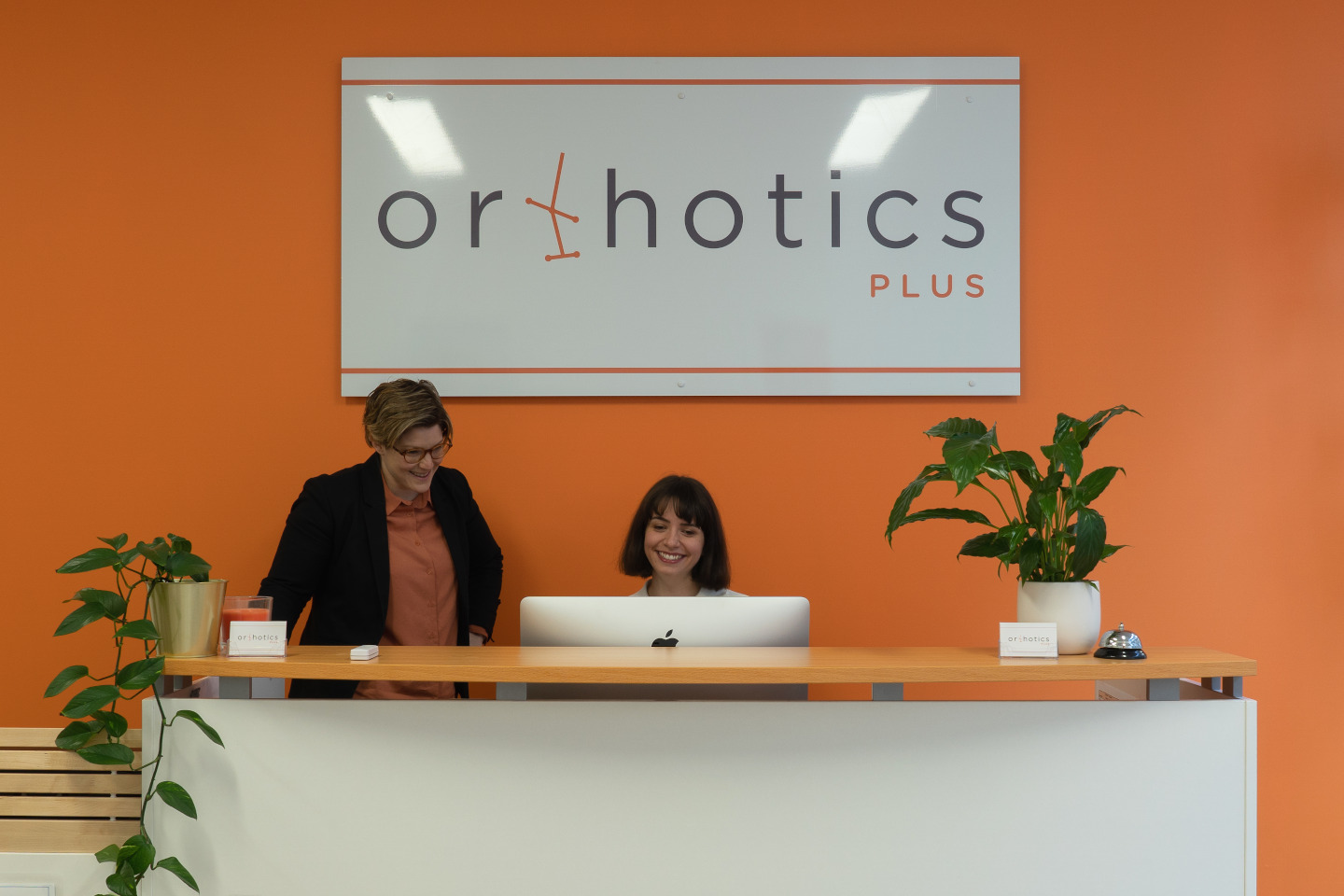Pathological Fractures
Pathological fractures are bone breaks that occur due to weakened bones, typically caused by underlying diseases – as opposed to trauma.
Unlike fractures from accidents or injuries, pathological fractures can happen during simple, everyday movements like bending over or stepping off a kerb.
At Orthotics Plus, we provide appropriate treatment to patients who have sustained, or are at risk of sustaining a pathological fracture.
Services take place at one of our Melbourne clinic locations.
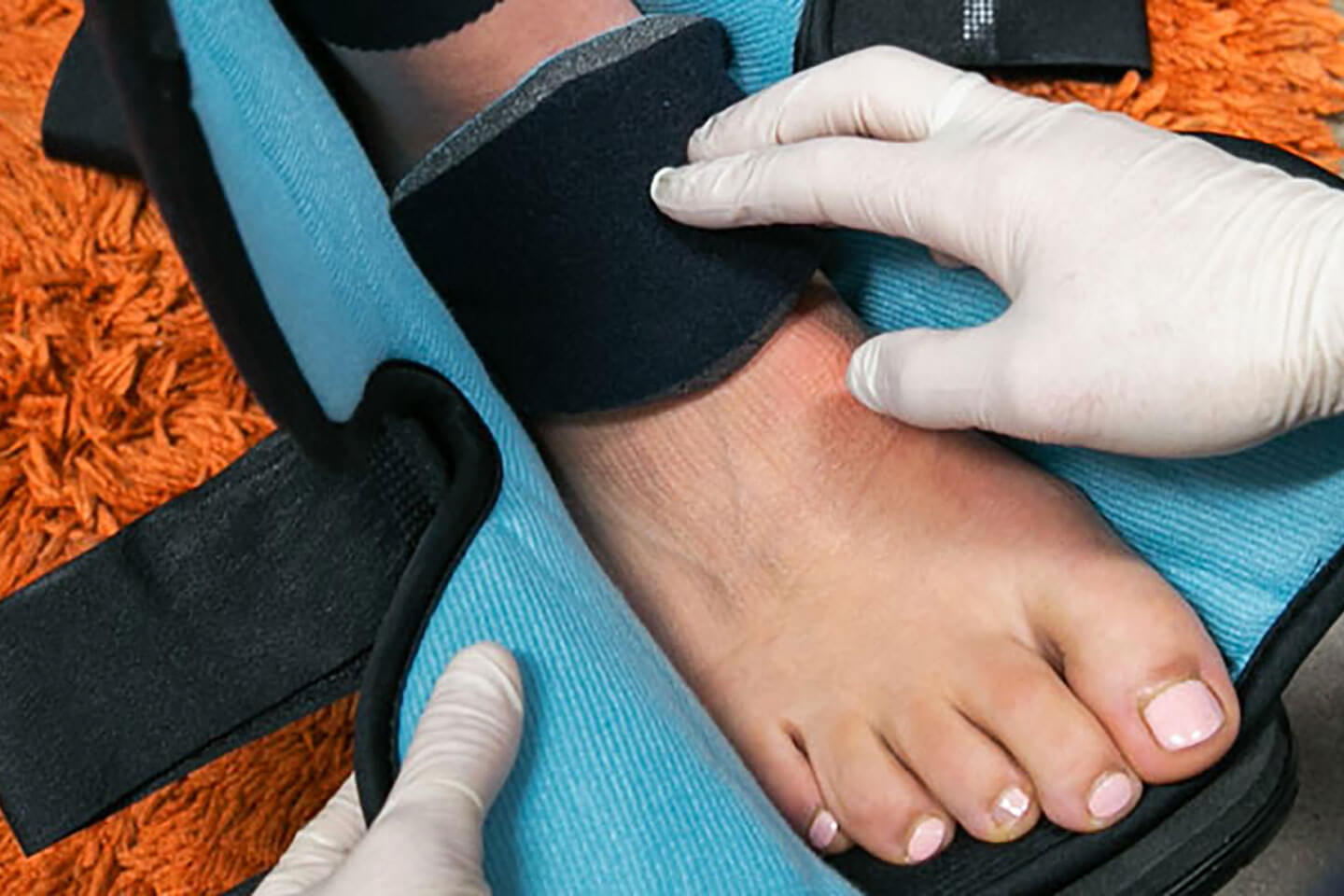
Common Causes
The primary conditions leading to these fractures are cancers such as osteosarcomas, which erode bone structure, and osteoporosis, particularly in older adults.
Osteoporosis decreases bone mass, reducing the mineral density and strength of the bone tissue, making them prone to fractures from even light activities, such as twisting unusually or walking down a step.
Another condition, insufficiency fractures, happens when bones are too weak to handle normal daily loads. This is commonly seen in people with low bone density.

Pathological vs Stress Fractures
While stress fractures are common in athletes or those who engage in repetitive, high-impact activities, pathological fractures are different.
Stress fractures result from the accumulation of micro-damage to the bone over time
In contrast, pathological fractures are complete breaks that happen suddenly due to an already compromised bone structure.
They often occur in bones weakened by disease, without the need for any major trauma.
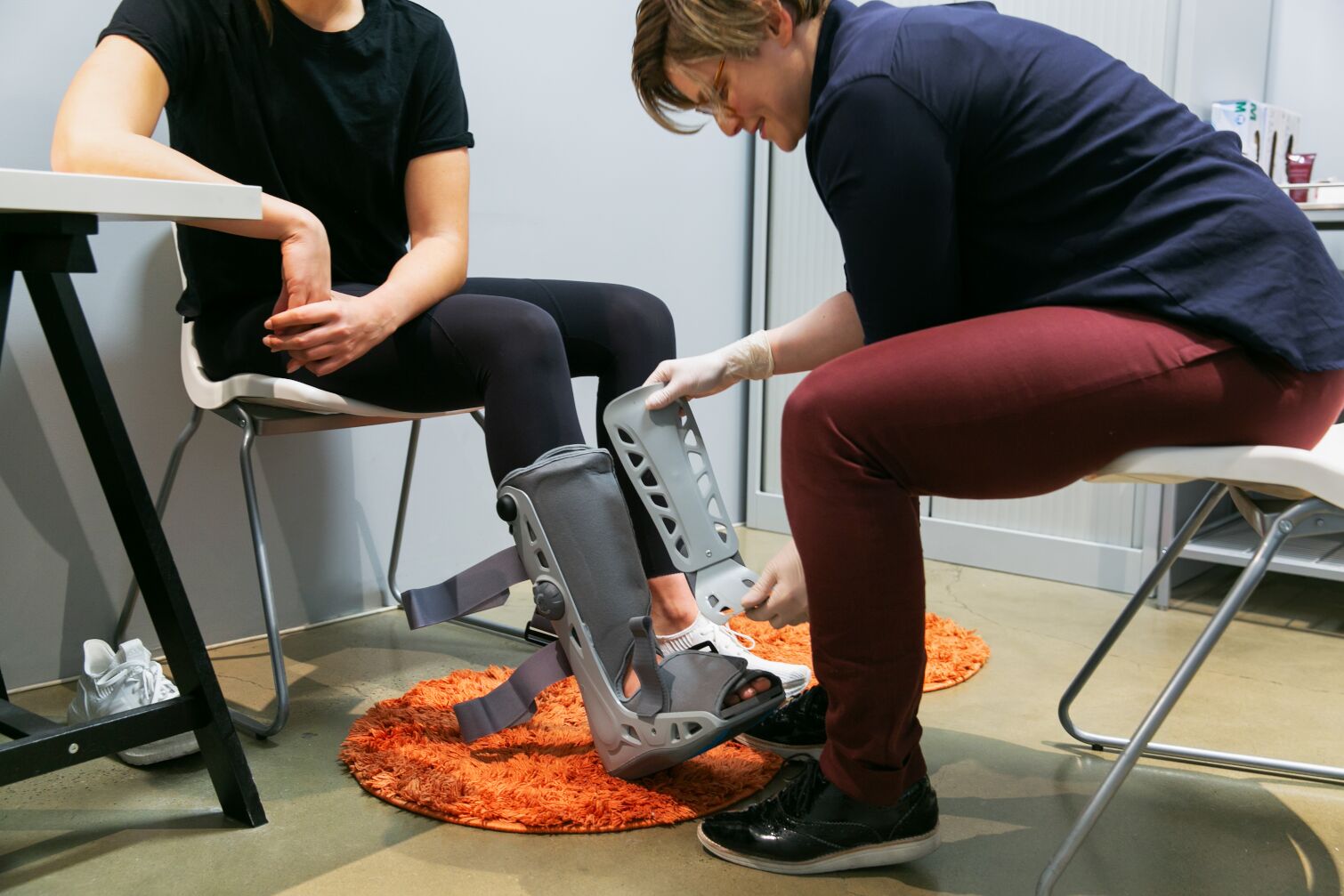
Risk Factors for Pathological Fractures
Various factors can increase the likelihood of pathological fractures.
- Postmenopausal women, individuals who are underweight, and older adults are at a higher risk due to weaker bones.
- Medications, such as those used in chemotherapy, can also reduce bone density.
- Lifestyle choices, genetic factors, and overall health (e. smoking reduces calcium absorption and blood flow)
At Orthotics Plus, the majority of cases involving pathological fractures are spinal fractures, particularly in older patients.
Although less frequent, fractures in the lower limbs, especially in the femur, also occur. Upper limb fractures are rare because they are not weight-bearing bones.
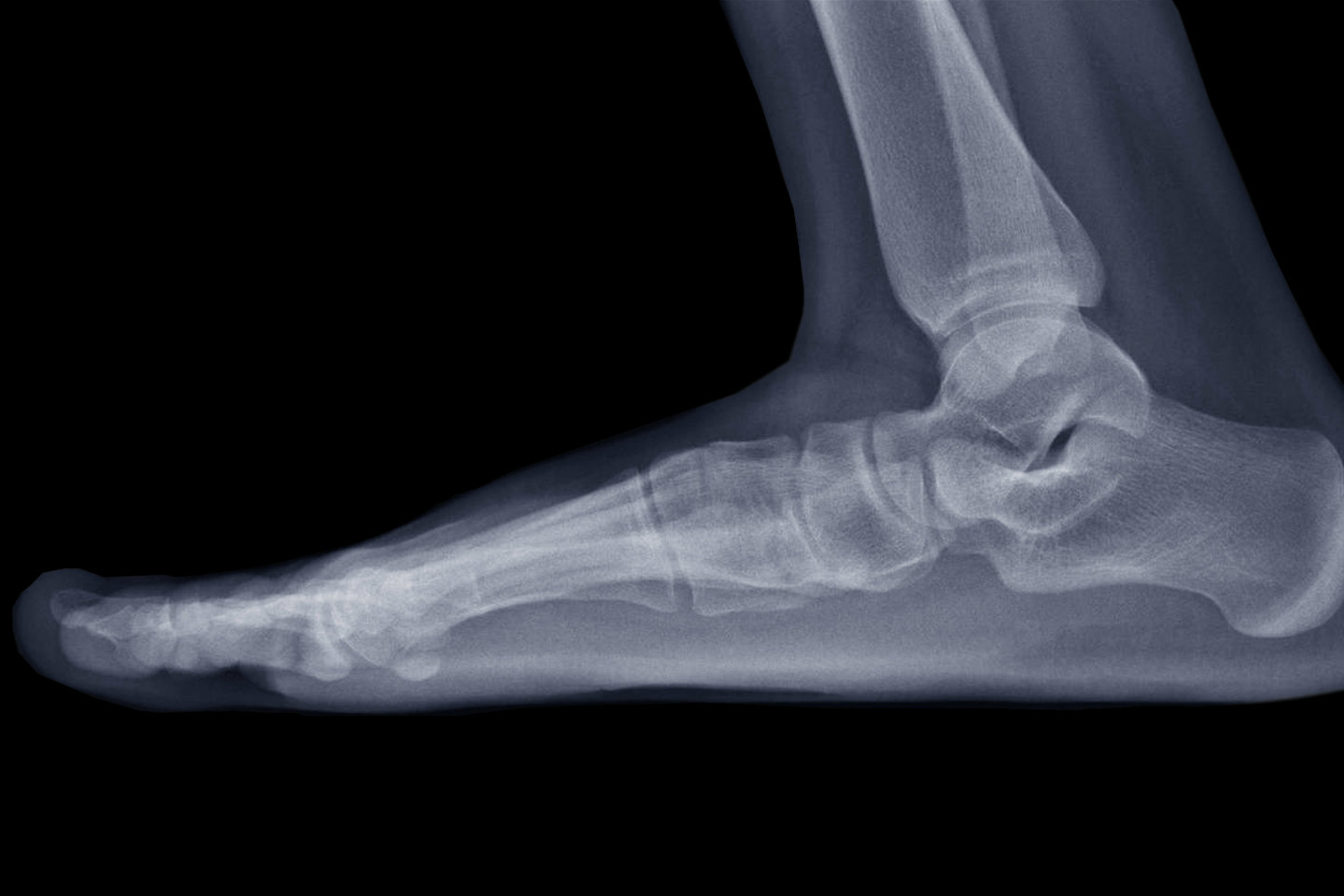
Treatment at Orthotics Plus
At Orthotics Plus, treatment will depend on the affected area. If the injury is spinal it typically involves the use of spinal braces for pain relief and immobilisation. Braces help by stabilising the spine, improving posture, and reducing pain.
While some fractures may heal, others may not, especially if bone density is significantly compromised. In these cases, long-term use of a brace might be necessary to prevent further injury and reduce pain.
For spinal fractures, the brace serves a dual purpose: providing pain relief and keeping the spine properly aligned to support healing.
Although bone density improvements are difficult in older patients, braces can reduce the risk of further fractures and help patients maintain mobility.
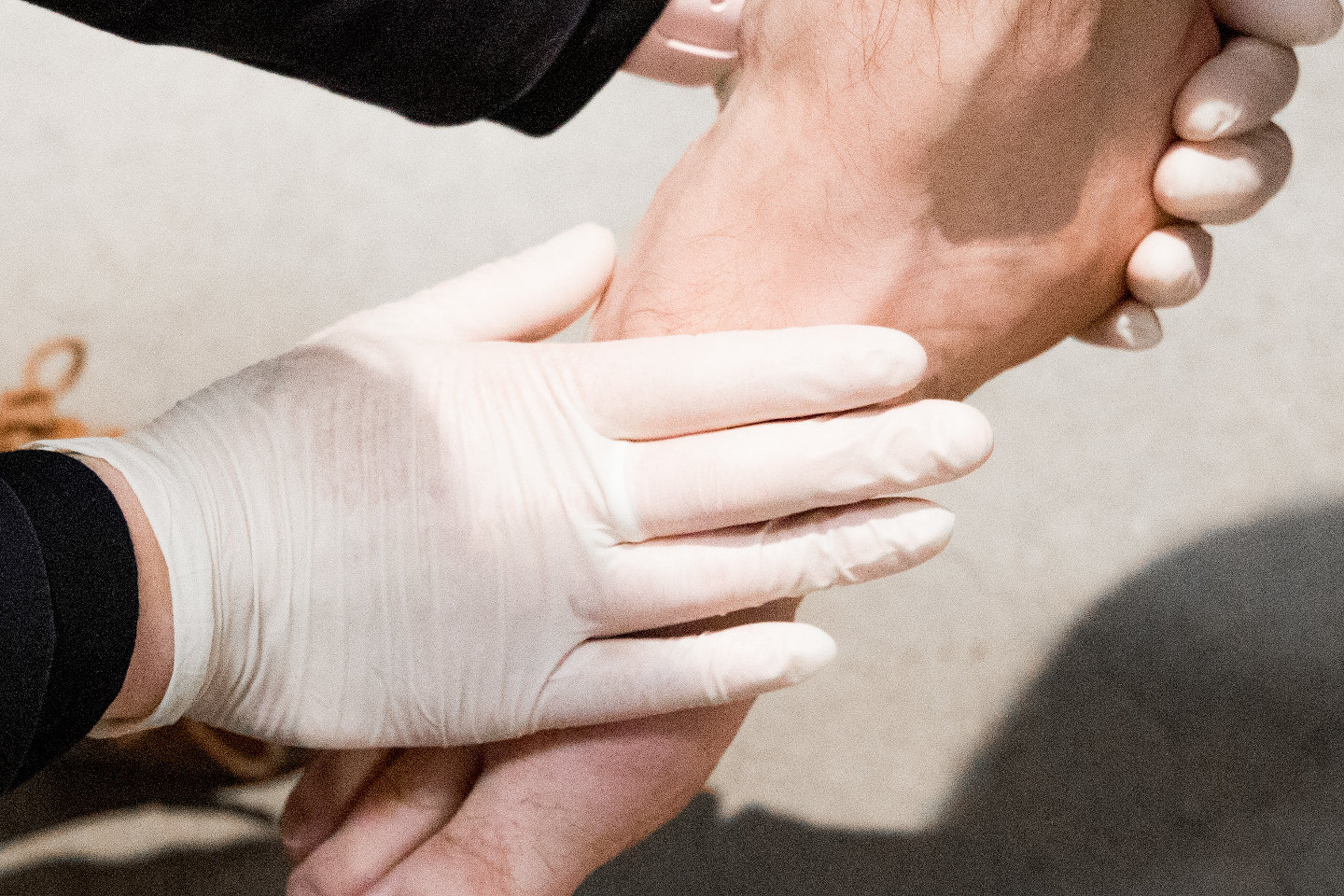
Long-term Care and Adjustments
Managing long-term care for patients with pathological fractures can be challenging.
Patients are often encouraged to consult with the GP or specialist. Maintaining physical fitness and engaging in weight bearing exercises through the lifespan can improve bone density.
However, convincing older individuals to make these changes can be difficult, especially when physical activity may cause pain or lead to further fractures.
Ultimately, lifestyle adjustments and careful management are key to preventing future fractures.
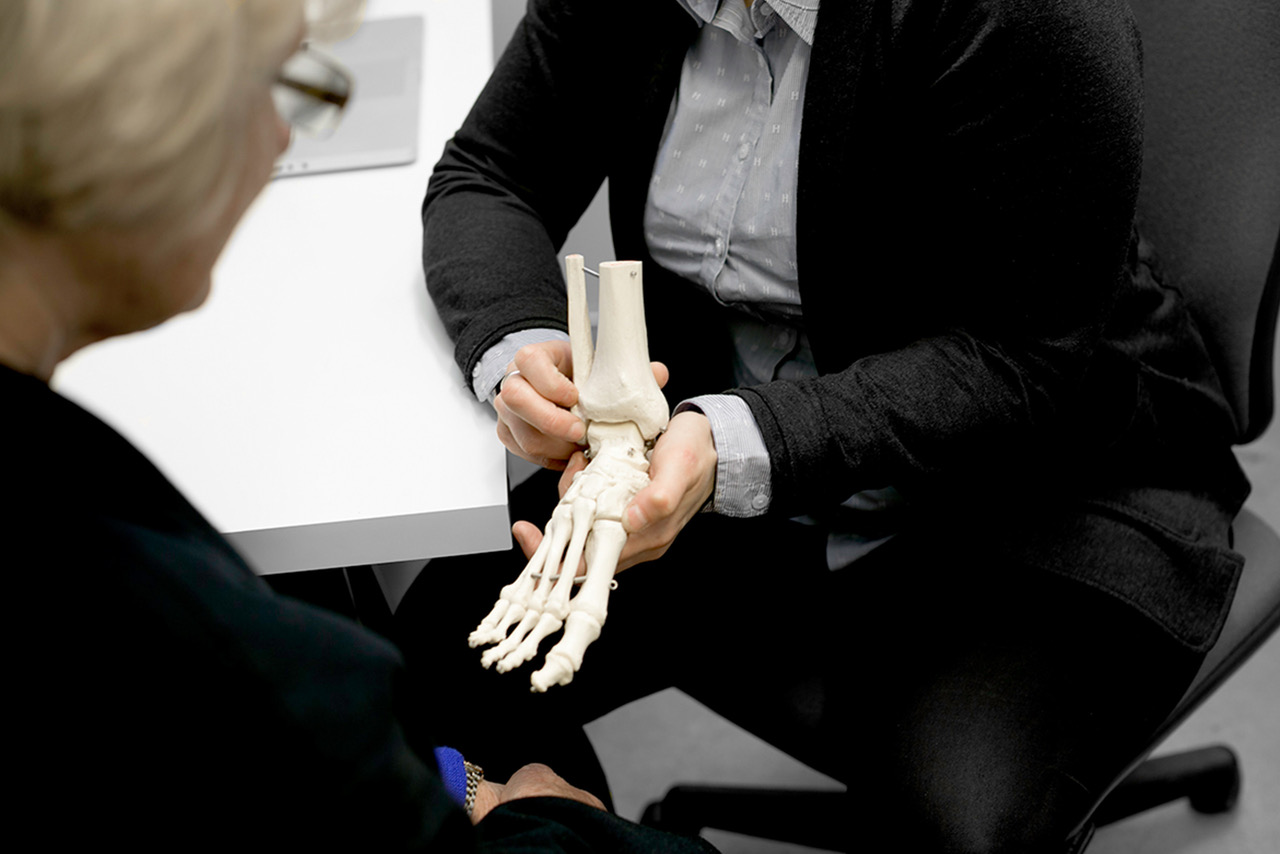
Contact Orthotics Plus
Orthotics Plus has operated since 2012 with some of our clinicians having over 30 years of experience. Orthotics Plus is well-equipped to handle these complex cases.
The team offers a range of spinal braces, including custom-made options for younger patients post-surgery, as well as softer, more comfortable braces suited for elderly patients.
Beyond bracing, Orthotics Plus provides ongoing support – we can educate family members/care staff/nurses on how to care for the patient, ensuring both comfort and the best possible outcome.
Orthotics Plus’ expertise in fracture management makes us an appropriate provider for those dealing with pathological situations.
From pain management to long-term care, Orthotics Plus is dedicated to providing personalised care for you or a loved one.
